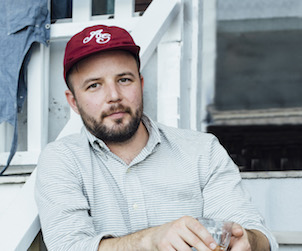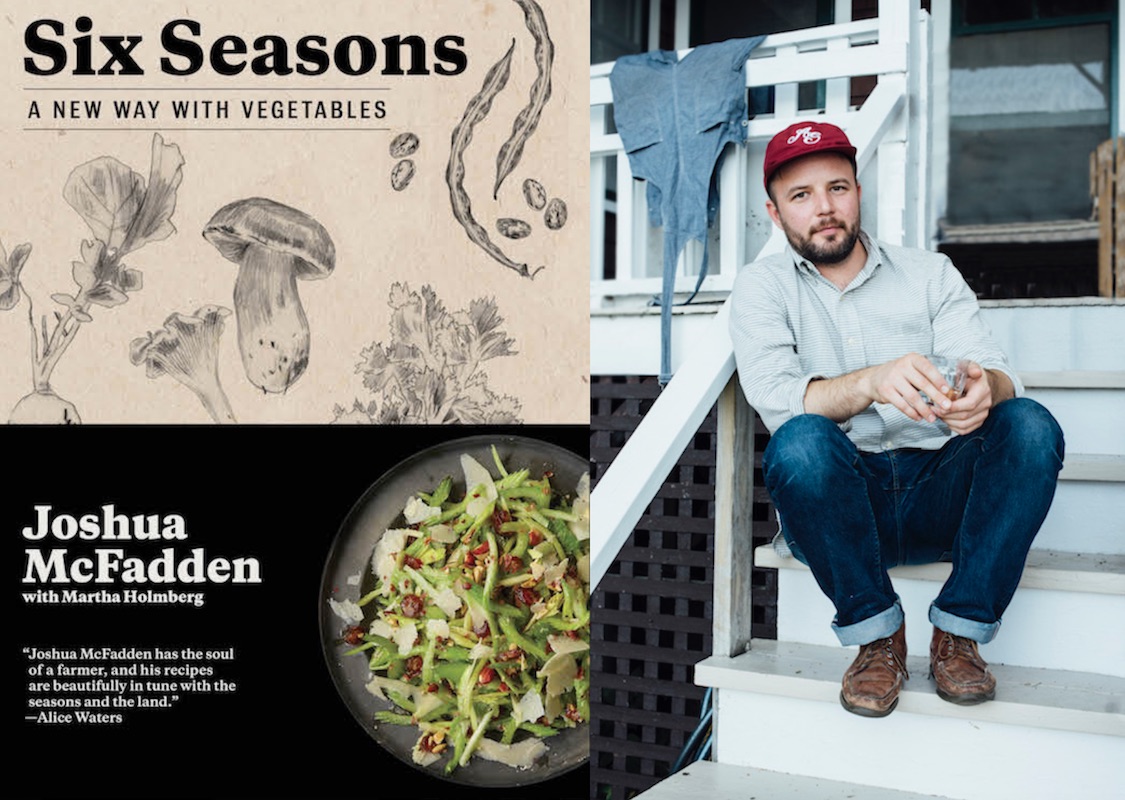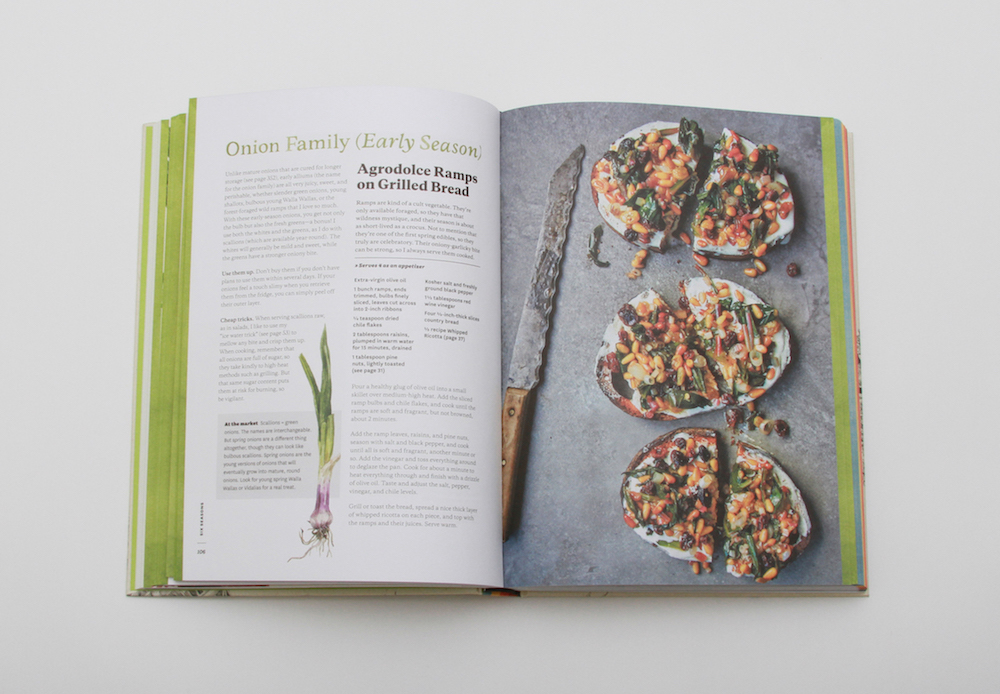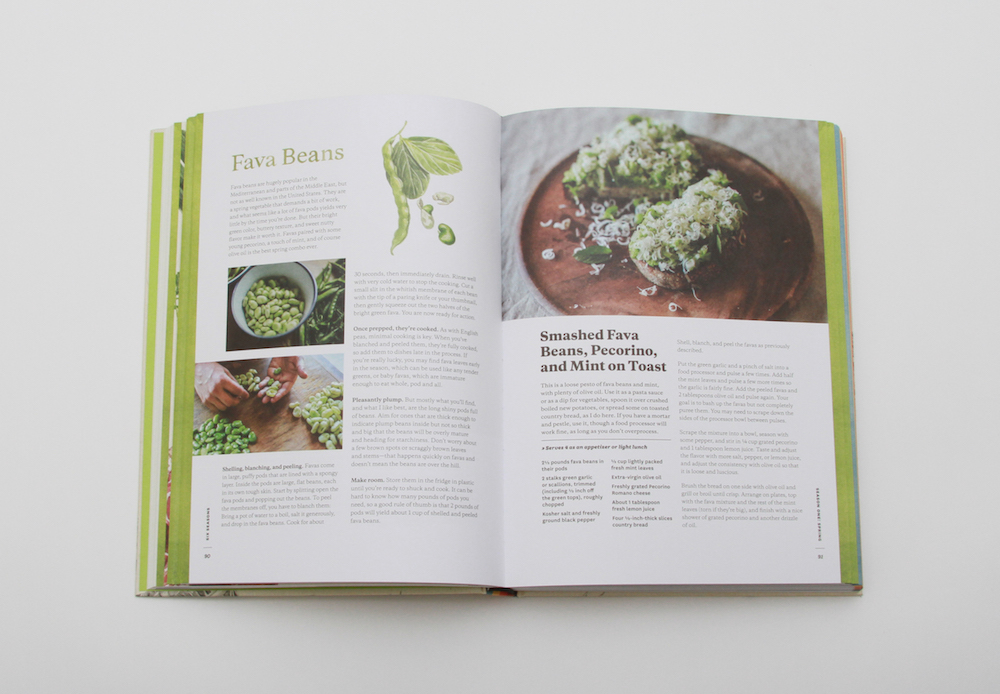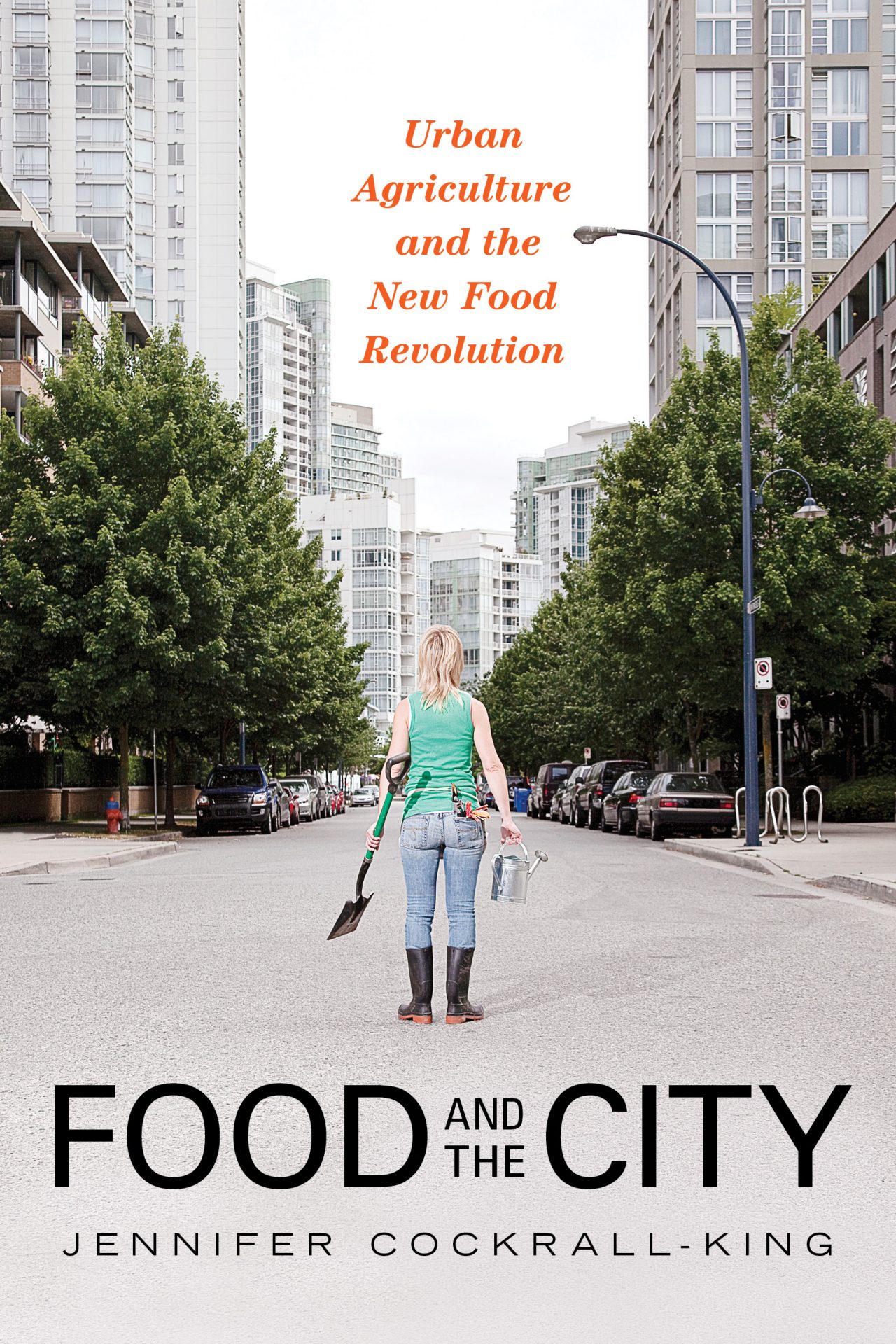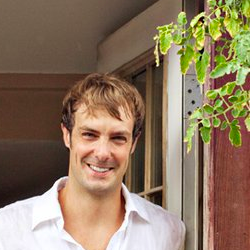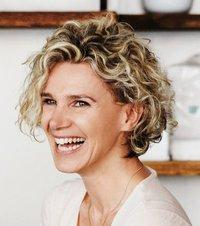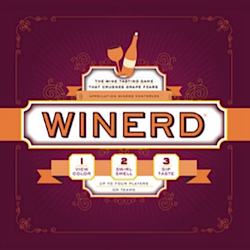Malcolm Jolley talks to the Portland chef and author about his new way with vegetables.
Joshua McFadden is a young Portland, Oregon chef who has just published his first cookbook, Six Seasons: A New Way with Vegetables, with the help of food writer Martha Holmberg. As the title suggests, Six Seasons is about seasonality and cooking what’s available from the farmers’ markets at any given time of year. What makes it an interesting book, are the slightly different twists McFadden puts on familiar vegetables, often evoking the food of Rome, where he cooked for some time. I caught up with McFadden on the phone last week to talk about the book and his approach to putting together a meal.
This interview has been edited for length, clarity and style.
Good Food Revolution: You write about a way of cooking that I think more and more North Americans are trying to do. We’re focusing on vegetables, seasonality with lots of Italian influence. This is what I think is so cool about cookbooks. I don’t know you or your cooking, since I haven’t been to Portland, Oregon for a very long time, but through your book I feel like a get your style and I want to cook these dishes that look so vibrant and alive on the page.
Joshua McFadden: Wow, that’s awesome. Thank you so much for that.
GFR: The six seasons concept is also very cool. Did you come up with that?
JM: I did. I wanted to create awareness and start a conversation about cooking in season. It’s better for you for a million different reasons, but it really just tastes better. I have friends and family who serve things like asparagus at Christmas, and I’m like really?
GFR: Do you actually say something when that happens? Can you get away with that?
JM: [Laughs.] I just say, really?
GFR: Well, I guess you have the professional credentials to say something.
JM: We do cook seasonally at the restaurant, more than most people do. So, I know it can be done. And I do it personally. It’s not the easiest thing to do, especially when you go through the hunger season, where there’s nothing coming out of the ground… But now were onto the good stuff, with new crops coming up every day.
GFR: Right, and that’s how you end up with two extra seasons: you’ve chopped summer up into three phases.
JM: Right because that’s when there’s just so much going on. So, I thought it would be a good way to start that conversation.
GFR: Where I’m at, in Canada, our seasons are not always perfectly aligned with the calendar, so I found the idea of ‘Early summer;, ‘Midsummer’, and ‘Late Summer’ quite helpful. And the photography in the book is really amazing. Such beautiful vegetables.
JM: That’s the difference between a supermarket and a famers’ market. You have to choose where you spend your dollars.
GFR: Right. The closer to the source, the better off you’ll be. This is a really big book. How long did it take to put together?
JM: It took three years, but only because opening up a restaurant, running a restaurant, and doing all these various things. But I’ve already started working on the next book. I hope to have that one done fairly quick.
GFR: I went to your Italian restaurant’s, Ava Gene’s, website and the menu that I read was definitely different from what’s in book.
JM: Right. I never wanted Six Seasons to be a restaurant cookbook. I use those, and I like those, and they influenced me, but I thought there were enough of them. I wanted to help people make choices so that they could make great food at home.
GFR: This is going to be a boring interview if I keep coming around to make the same point over and over again, but really is about sourcing, isn’t it? About finding the right ingredients in season?
JM: Right. And having a larder set-up so you can cook the ingredients. That’s really important. When I go to the farmers market, nine times out of ten, I don’t know what I’m going to cook until I’m there. And that is a really fun way to do it. You really get a lot out of that, when you have the confidence to try something out and you might make something delicious.
GFR: I agree, but there’s this whole meal planning thing that’s trying to get people to cook more at home by setting up a schedule. I always thought that it sounded like a work. Wouldn’t it be better to acquire some basic skills, and a good larder so you can go to the farmers’ market and see what looks good?
JM: Exactly. That’s the best way. And so much more fun. That’s what it is: I think cooking should be a lot of fun.

